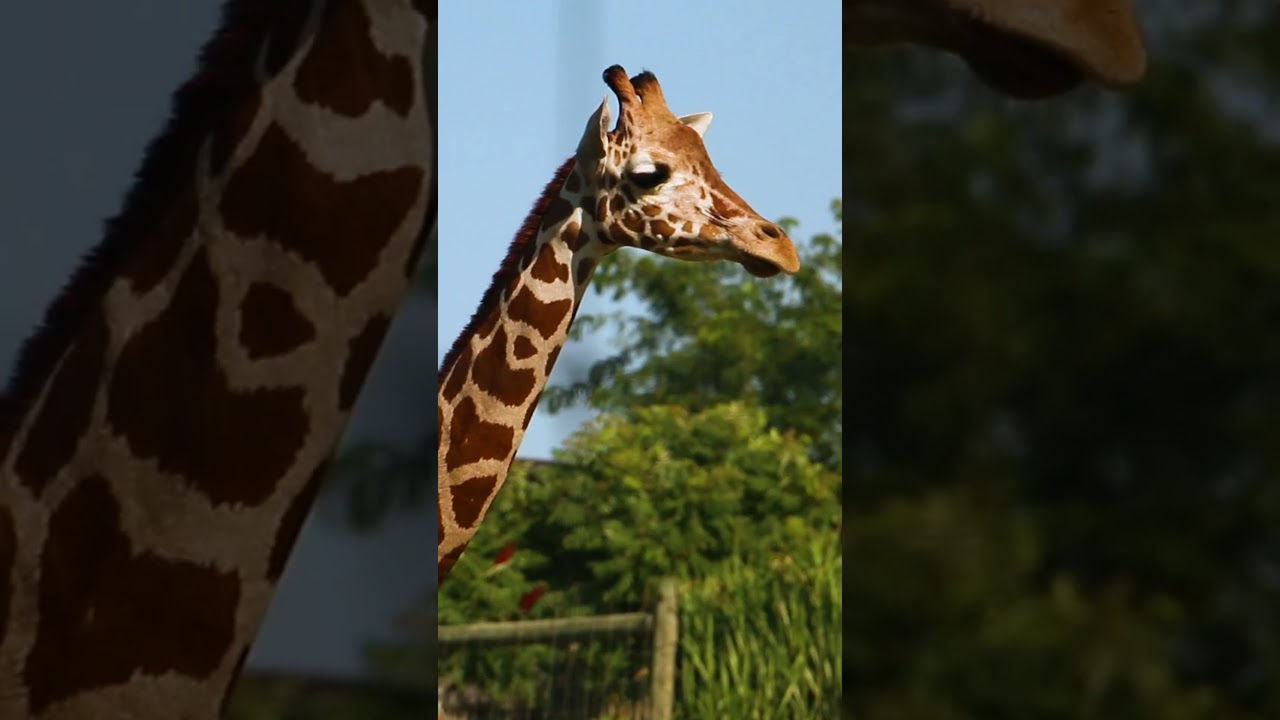- The significance of zoo-based conservation efforts
- Understanding animal behavior and welfare in zoos
- The role of zookeepers and modern management practices
- Educational and outreach programs for the public
- Challenges and opportunities in wildlife conservation
Zoo-based conservation efforts play a pivotal role in preserving biodiversity and protecting endangered species. Modern zoos are not just places of entertainment, but essential hubs for conservation and research, where cutting-edge scientific techniques are applied to manage captive populations and support reintroduction programs. By maintaining genetically diverse populations of endangered species, zoos serve as an insurance policy against extinction. Conservation breeding programs, often undertaken in partnership with global conservation organizations, help sustain and eventually re-establish populations in the wild. The success stories of certain species, like the California condor and the black-footed ferret, highlight the indispensable role of zoos in wildlife conservation.
Animal behavior and welfare are central to the ethical management of wildlife in captivity. Understanding animal needs and providing environments that mimic their natural habitats are crucial for promoting physical and psychological well-being. Zoos engage in detailed observation and research to understand species-specific needs and behaviors. Behavioral enrichment programs, which may include objects like puzzle feeders or habitat modifications, stimulate natural behaviors and prevent boredom. The design of enclosures also plays a crucial role. For instance, mixed-species exhibits that replicate natural ecosystems can enhance animal welfare by creating more stimulating and dynamic environments.
Zookeepers are the backbone of zoos, ensuring the daily care and well-being of animals. They perform routine health checks, prepare diets, and maintain cleanliness in enclosures. Beyond the day-to-day tasks, zookeepers are involved in the enrichment and training of animals. Training using positive reinforcement helps in stress-free management, veterinary procedures, and adds mental stimulation for the animals. The role of zookeepers has evolved to include participation in scientific research and conservation efforts, working closely with veterinarians, nutritionists, and researchers to optimize animal care.
Educational and outreach programs are vital in fostering a public appreciation for wildlife and conservation. Zoos offer educational programs for all age groups, ranging from school visits to specialized workshops and interactive experiences. These programs aim to inspire and educate visitors about the importance of conservation, the challenges facing wildlife, and ways to contribute to environmental sustainability. Interpretive signage, interactive exhibits, and keeper talks are strategies employed by zoos to engage visitors. Special campaigns and events focusing on specific species or conservation issues further heighten public awareness and involvement.
Despite significant advances, wildlife conservation faces myriad challenges and opportunities. Habitat destruction, climate change, poaching, and illegal wildlife trade are significant threats to global biodiversity. Zoos must continuously adapt to address these evolving challenges. Innovations in technology, such as the use of genetic tools and tracking devices, empower more effective conservation strategies. Collaborative efforts between zoos, conservation organizations, governments, and local communities are essential to tackle these threats. The integration of in-situ (on-site) and ex-situ (off-site) conservation efforts promises a holistic approach to species preservation.
Stand tall this Monday as we reflect on the vital role that modern zoos play in animal conservation and welfare. Let’s celebrate the dedicated efforts of professionals working tirelessly to protect wildlife and educate the public, ensuring that future generations can appreciate and coexist with the diverse species of our planet.
*****
Source Description
Start the week off like a giraffe, stand tall and keep your head up! Here’s some giraffe inspiration to get through a case of the Mondays.


